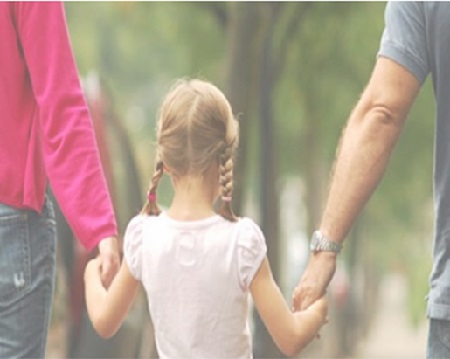The Supreme Office for the Republic of Srpska Public Sector Auditing conducted an performance audit of “Care and protection of children without parental care”. The purpose of this audit is to examine whether children without parental care have an adequate level of care and protection.
Findings of this audit show that all children without parental care achieve a certain level of protection and care, but the existing level of protection and care of children without parental care and the totality of measures applied to protection and care, do not fully ensure the achievement of the goals defined by the Strategy.
Out of the total number of children without parental care in the Republic of Srpska, about 25% are children without parents, and about 75% are children without adequate parental care. Half of the children without parental care are taken care of in kinship families, a quarter in foster families and a quarter in public institutions. Although the care priority is given to non-institutional forms of care, a considerable number of children are also institutionalized in public institutions. Accommodation in public institutions should be temporary. However, data show that every fifth child is staying in the Home for cihildren without parents for five years and more, and every tenth is staying in the Home for cihildren without parents for more than ten years, while some children are staying until their age and/or completion of schooling.
Adoption as a permanent care institution for children has not been sufficiently recognized. The number of adopted children in the observed period decreased from 30 adoption in 2015 to just five adoption in 2017.
There are significant differences in the financing of institutional and non-institutional care. There are also differences in the financing of foster families as well as differences between foster parents and relatives. In particular, there are differences in the financing of relatives families in which most children without parental care are taken care of, in terms of the amount of fees, time and regularity of payment of benefits. Only 1/3 of the relatives are entitled to child care benefits.
Organized forms of care leave 50-60 children per year due to age and/or completion of education annually. No special support programs for young people emerging from organized forms of care were created.
The Supreme Office for the Republic of Srpska Public Sector Auditing in the performance audit report makes recommendations to the Ministry of Health and Social Welfare, local self-government units and centers for social work in order to improve the care and protection of children without parental care.
The complete audit performance report is available on the website of The Supreme Office for the Republic of Srpska Public Sector Auditing.



















